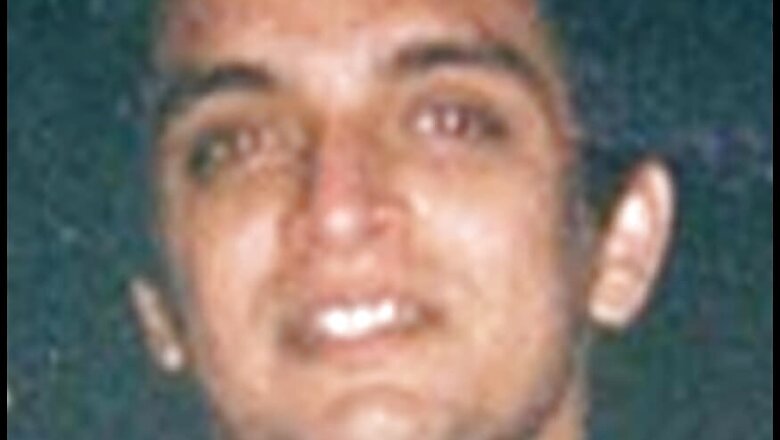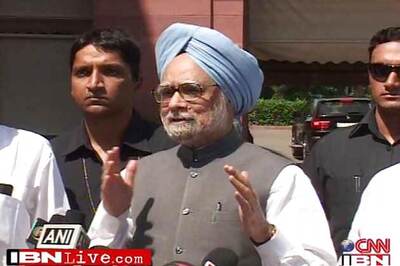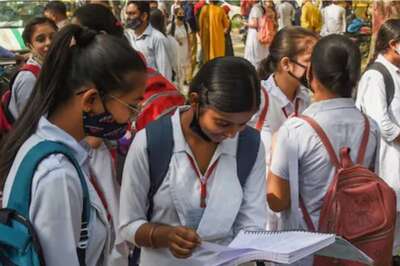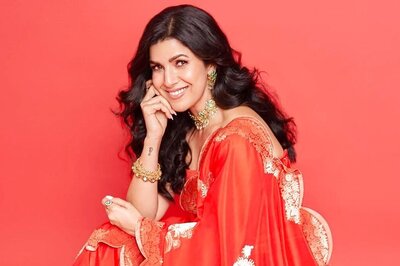
views
London: Bookie Sanjiv Chawla is due to take a flight to India ahead of liquor baron Vijay Mallya, following an extradition order from the Westminster Magistrates Court in London on Monday.
While Chawla lost his appeal against extradition, Mallya is only at the start of his. So when the magistrate referred the case to the British home secretary on Monday, the move sounded ominous for Chawla, and more immediate.
UK home secretary Sajid Javid has two months in which to take a decision. But that decision is as good as taken. The home secretary in such cases only rubber-stamps the order of the court. He will not review or revise the judgment -- he is not a court sitting above this court. The physical extradition of Chawla is now inevitable. The home secretary rarely takes two months over a routine order such as this.
No further legal process would seem to offer Chawla any hope of getting out of this, via either the Supreme Court or the European Court of Human Rights.
Magistrate Rebecca Crane had ruled in October 2017 that there appeared a prima facie case against Chawla as argued by the Crown Prosecution Service on behalf of the Indian government. The magistrate’s court was given evidence of taped conversations and a wealth of other evidence gathered by the Delhi Police and by authorities in South Africa and the UK of conspiring with former South Africa cricket captain Hanse Cronje to fix matches in tandem with betting groups.
Crane also held that he was likely to receive fair trial from the courts. But she blocked extradition on the grounds that she was not satisfied that he would be detained in sufficiently humane conditions under Section 3 of the European Convention.
It took three sets of assurances from the Indian government to satisfy the courts about detention conditions. The first two were not considered satisfactory by the magistrate’s court. The third set of assurances given by a joint secretary in the Indian government was presented to the court of appeal. The appeals court found those assurances satisfactory. In an order in November 2018, the appeals court accepted the Indian government assurances over jail conditions, and referred the case back to the magistrate’s court. The order on Monday was a legal formality.
“There is nothing for me to decide,” Crane said in her order. “The case can now be sent to the home secretary.”
But this is still no blanket acceptance from the UK courts that Indian jail conditions are satisfactory. Nor can such an order be cited as a precedent in all cases. The Indian government had to create particular conditions specific to Chawla for the court to now pass the order it has.
The court had four concerns: that the government undertakes to detain Chawla in a separate cell, that he is given an attached toilet, that he be kept safe from intra-prison violence, and that the government ensures adequate medical support if needed. The government has given an assurance that he would be kept in a 6 sq metre cell, not counting the toilet area. The government also gave assurances on the other demands.
This is in parallel to a specially created detention cell for Vijay Mallya, of which the Indian government sent a recording to the UK Magistrates Court.
Particular detention conditions would have to be assured in each extradition case. These become a precedent to the extent that if the Indian government sets up a deluxe jail within a normal jail for the person whose extradition is sought, prison conditions would then not be an obstacle. No doubt this creates issues within prisons, but it does remove a mountainous hurdle to extradition.
Sanjiv Chawla now faces early extradition to India though he has been living in the UK since 1996 with his wife and two sons. He took British citizenship in 2005. His plea against extradition on the grounds of a “right to family life” was turned down by the court.



















Comments
0 comment